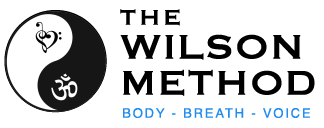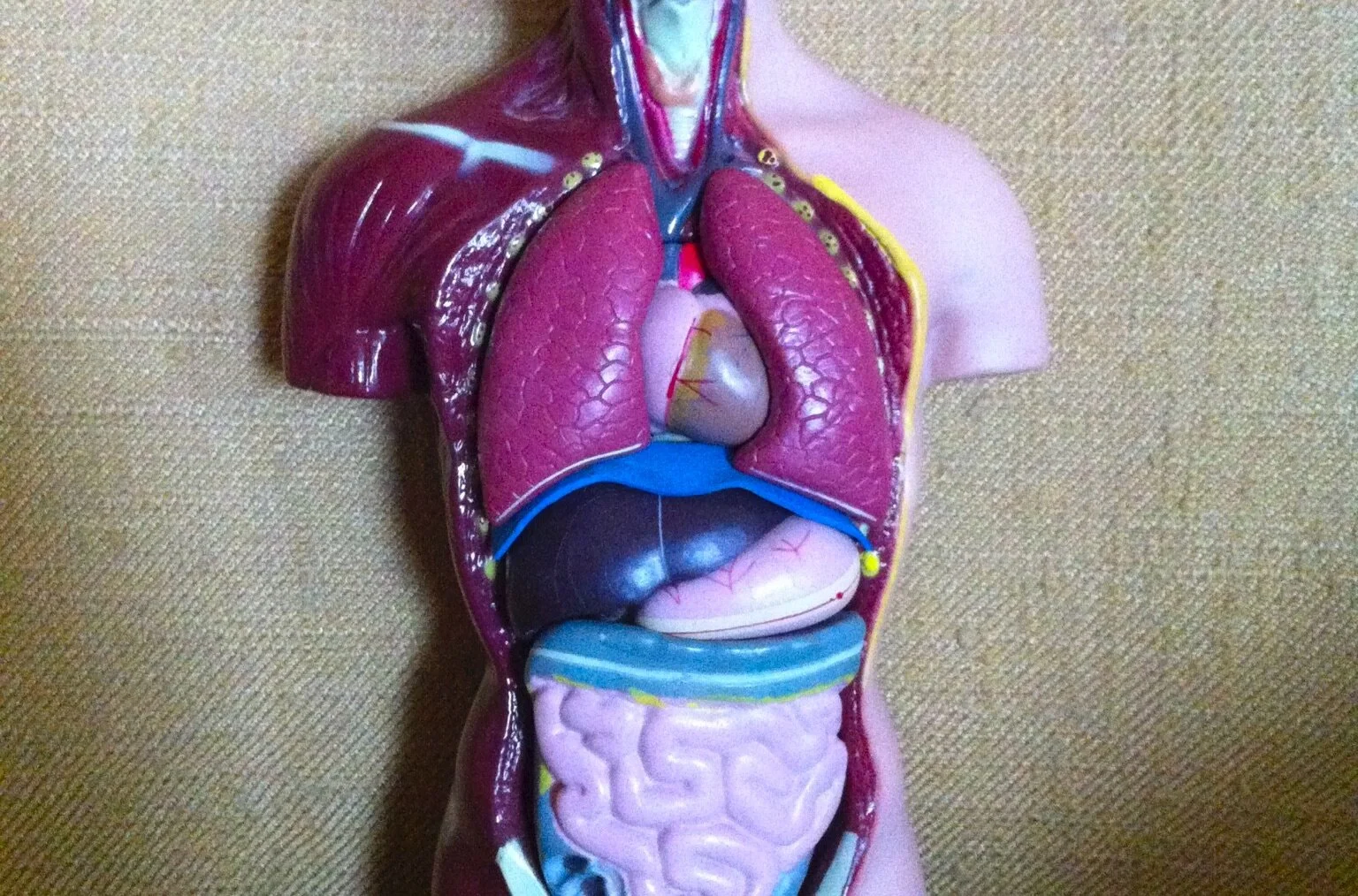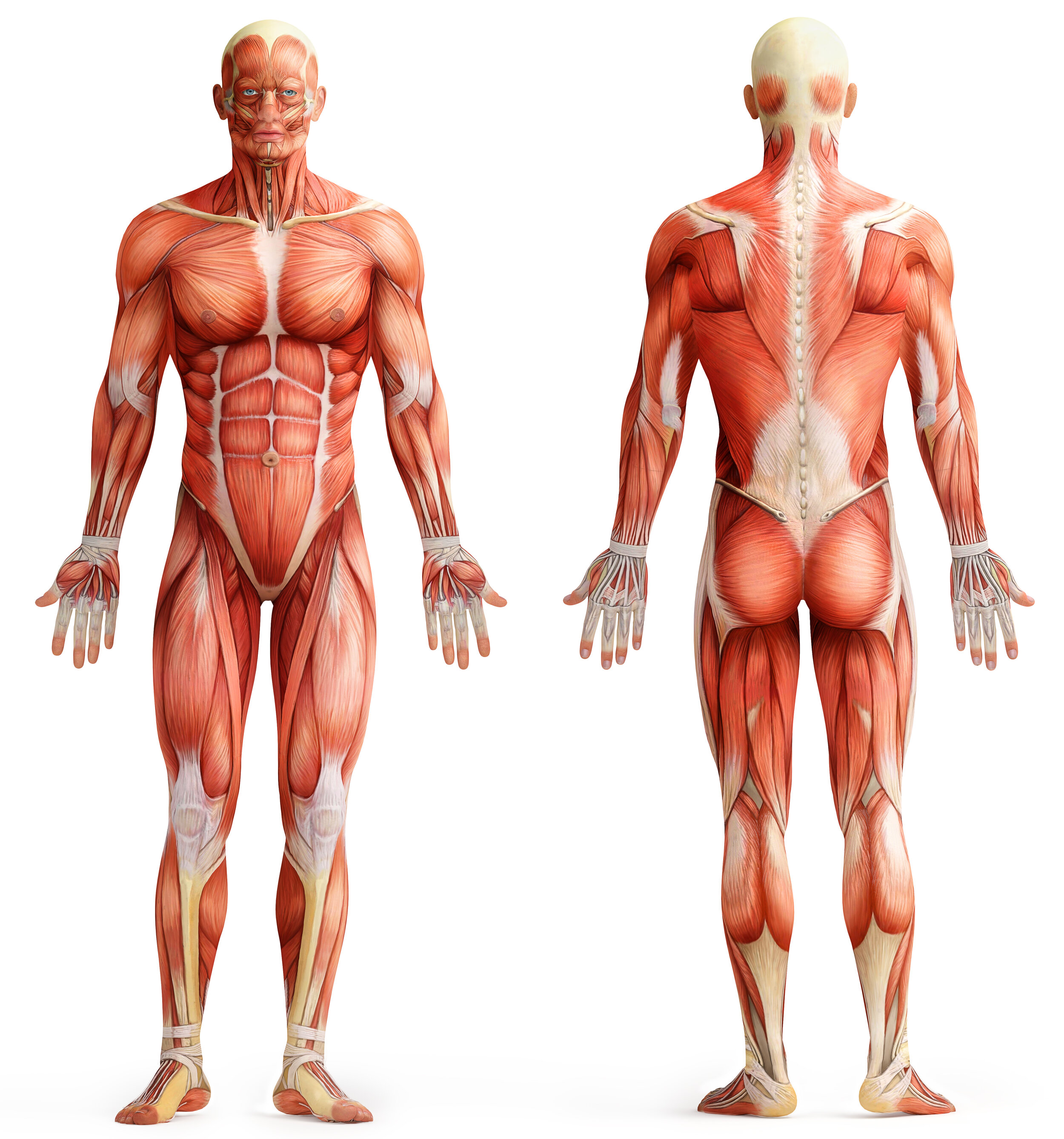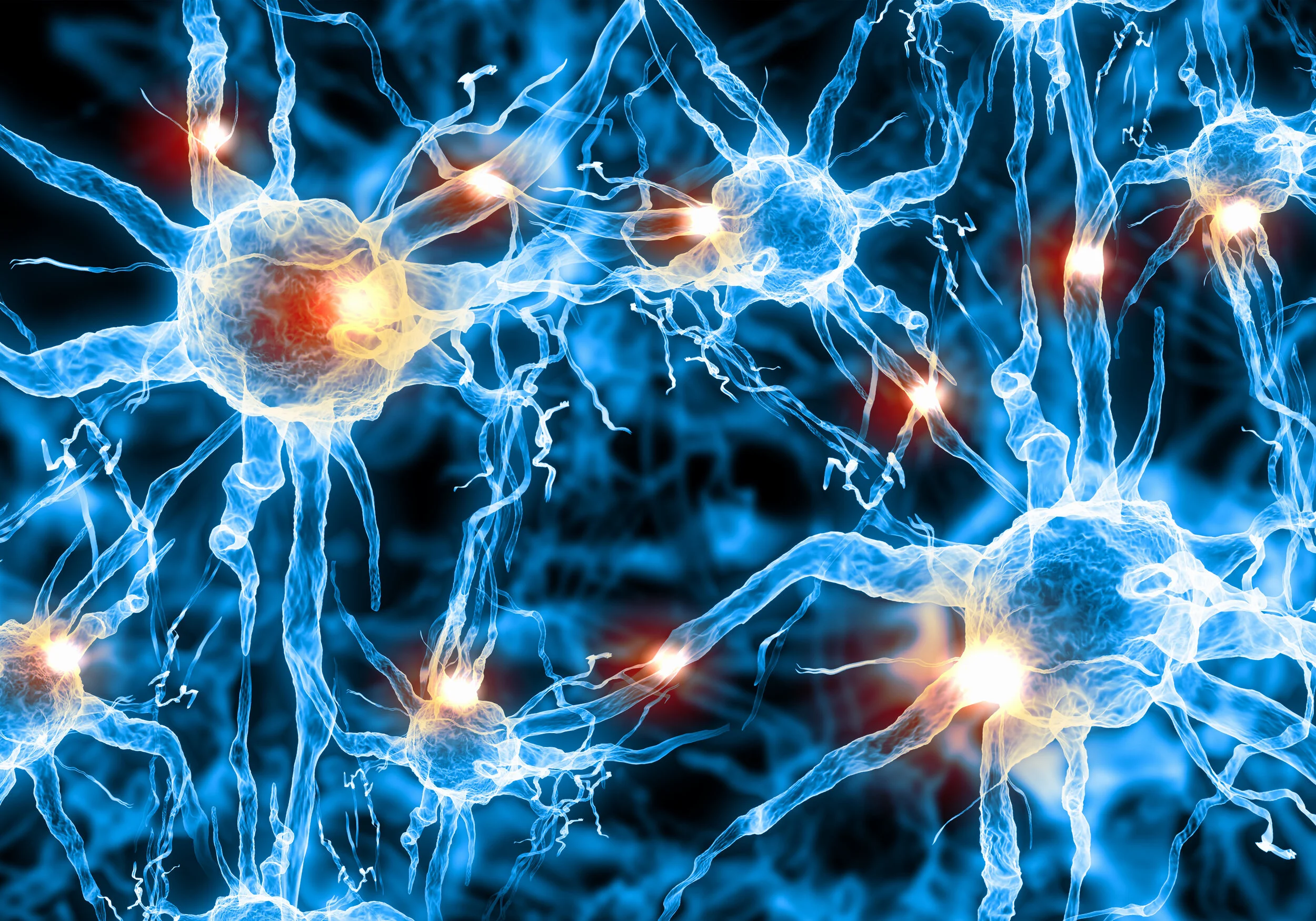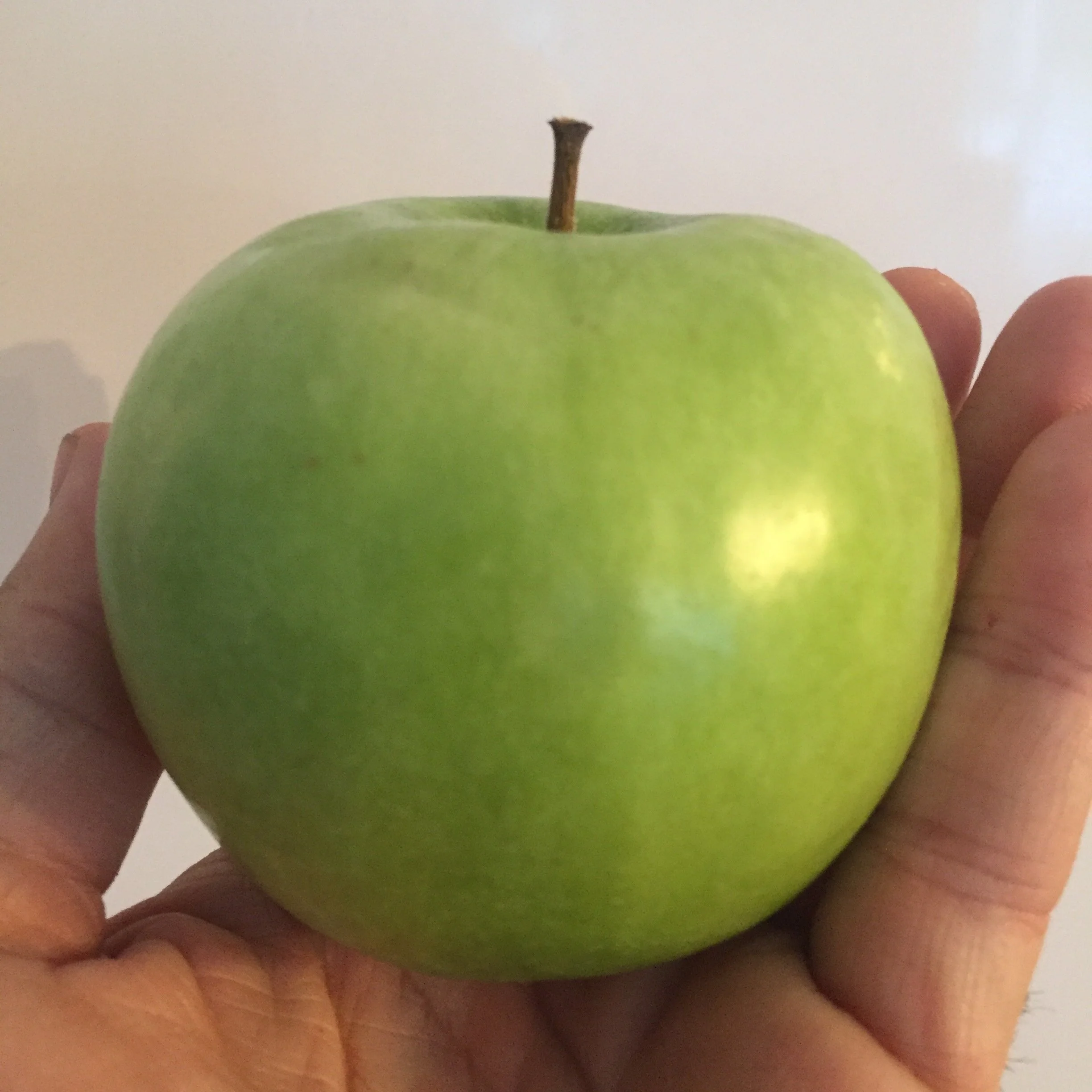These three terms are often used interchangeably. This is to our detriment because confusing them keeps many of us from mapping out the tools to help ourselves and others with nervous system deregulation.
As they say, knowledge is power.
The short version; stress is a fact, worrying is a choice, and anxiety is a consequence.
Stress
Stress is a natural consequence of a number of objects existing in a closed container. In our case we are all on the earth, all looking for the same thing: food, shelter, clothing, love. Therefore, like marbles in a jar, we are going to bump into each other - this is not something that can be controlled, and it certainly is nothing we should ever be discussing that needs “healing”.
Worrying
Worrying is something we do as we deal with stress. It has to do with the future. We worry about what the future holds. We worry if we are good enough, if some calamity happens. We worry in differing amounts strengths and durations depending mostly on our upbringing, and whether we learned from a yong age whether we are inherently safe or not. While some environments and living conditions obviously make it harder to “not worry”, to a certain extent, worry is up to us. Disciplines such as meditation (in all it’s forms - see Meditation) can help us learn to clear our minds and keep us from revving our monnkey minds to the point where it begins to sit in the driver’s seat. Which brings us to…
Anxiety
Anxiety is what happens when you worry, too long, too much, and too often. We begin to hardwire ourselves into future-pacing with no reigns. We worry so much we begin to forget that we are thinking in a particular pattern and we just feel unsettled as a general rule. It becomes a way of life long enough that the steps that got us here disappear and we just feel anxious. We begin to feel as if we have lose our “space for choice”, as the neurolanl pathways fire together so fast that we are no longer doing a thing (worrying) but are a thing (anxious).
nb; once you get into complex trauma, the activation of anxiety is certainly not so clear. My writing above assumes lesser forms of trauma, the type that we all have. They good news is, deliniating the three terms in the manner that I have here can still help people with complex trauma begin to grapple with stability, even if the clear-cut-ness is not exactly true for them. Those with complex trauma still need to label in order to divide and conquer the seemingly inter-connected neuronal firings that cause present moment reactions based on past events that they don’t want. The above remains a solid foundation, and a good start.
Take care of yourselves…
100% of those who are dealing with anxiety are holding their breath, over-tonicizing (clenching/tightening) their rectus abdominis (sixpack), are caught in monkey-mind thinking loops and are therefore under-utilizing their diaphragms. Those who deal with anxiety must learn to exhale past the point where they habitually truncate their exhale. This act of dropping below where we habitually hold our breath changes forces us to face our thought-induced tensions. As thinking patterns change the client, through physical therapy, begins to release the the physical reaction to anxiety (UVM) thereby interrupting the circuit (mentioned above) in two spots. The increased diaphragmatic tonicity during inhalation coupled with increased release of air during exhalation leaves little room for anxiety or panic attacks to take hold.
Part of the key to this work is that we CAN, with practice, access and control our Para-Sympathetic Nervous System (PSNS) to help us remember that we can feel (and therefore eventually BE) safe and secure. The trigger mechanism for our Sympathetic Nervous System (Fight, Flight, Freeze, Faint) has been long held to be, due to our survival instincts, the only system that has an instantaneous trigger. This is untrue - with consistent and focussed practice we can access the PSNS as well. Feelings of power and safety can be a "Surrender Sigh" away.
For example, excessive worrying leads to anxiety, anxiety weakens your immune system, which makes you more susceptible to viruses.
